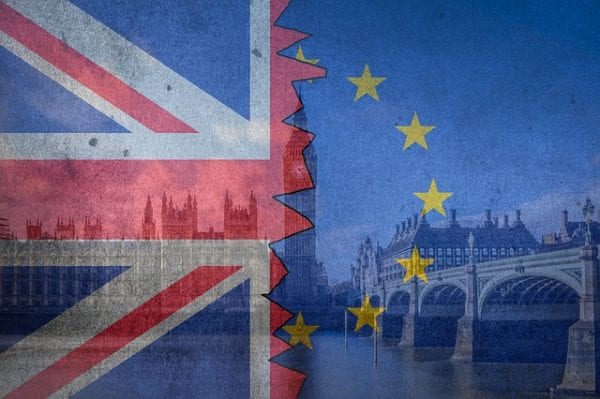On Thursday June 23, the people had their say. Over 17 million Britons voted to leave the EU. The outcome was clear, and should be respected.
Nevertheless, the future is shrouded in uncertainty. Months of campaigning failed to produce good answers to what have become urgent questions. The uncertainty relates both to the mechanism of withdrawal, and to the terms of any withdrawal agreement and future trade agreement with the EU. As no Member State has ever withdrawn from the EU, there are no relevant precedents. This is uncharted territory; these are interesting times.
The law – Article 50 TEU
Article 50 TEU, introduced by the Treaty of Lisbon, provides the mechanism for withdrawal from the EU.
It makes several things clear. A Member State may decide to withdraw ‘in accordance with its own constitutional arrangements’. In the UK, that decision is taken under prerogative powers by the Prime Minister of the day. Thus, it is for the Prime Minister to decide when to notify the European Council. The European Commission appears to have accepted over the weekend that it cannot (legally, at any rate) oblige the UK to trigger Article 50. The UK appears to be waiting until there is a new Prime Minister in place. There are suggestions that it might decide to wait until after the elections in France and Germany in 2017.
Continue reading →
 By Phil Syrpis, University of Bristol
By Phil Syrpis, University of Bristol

 Image credit:
Image credit:
